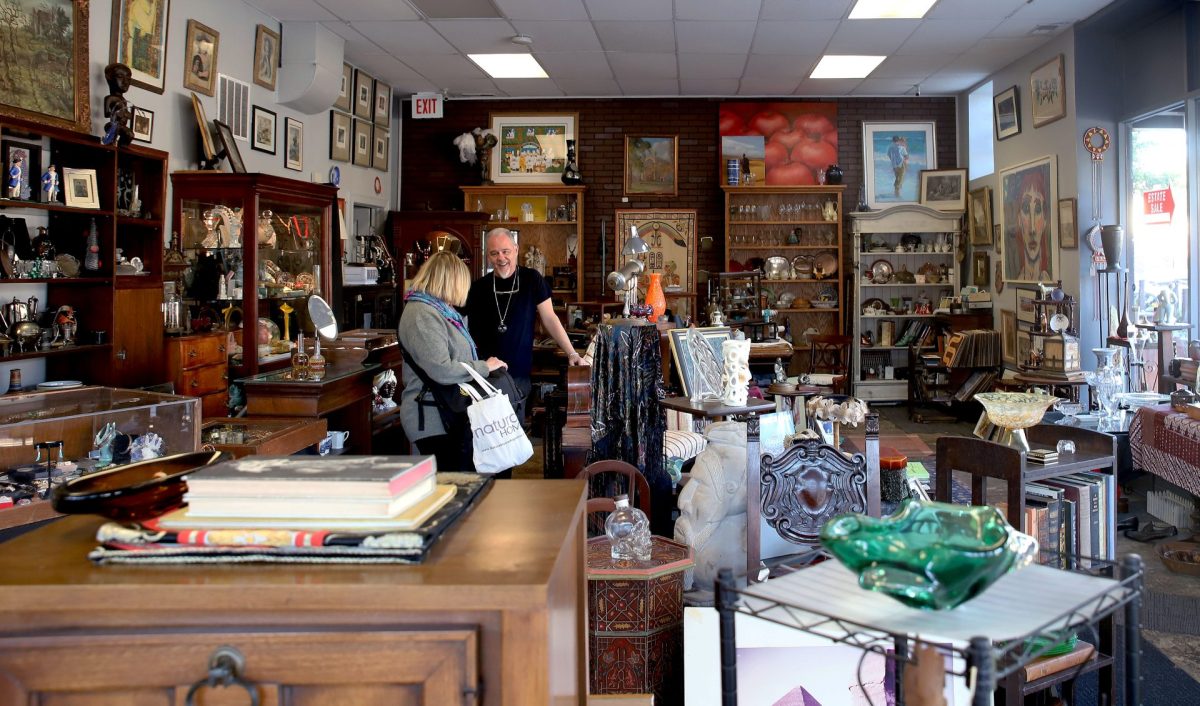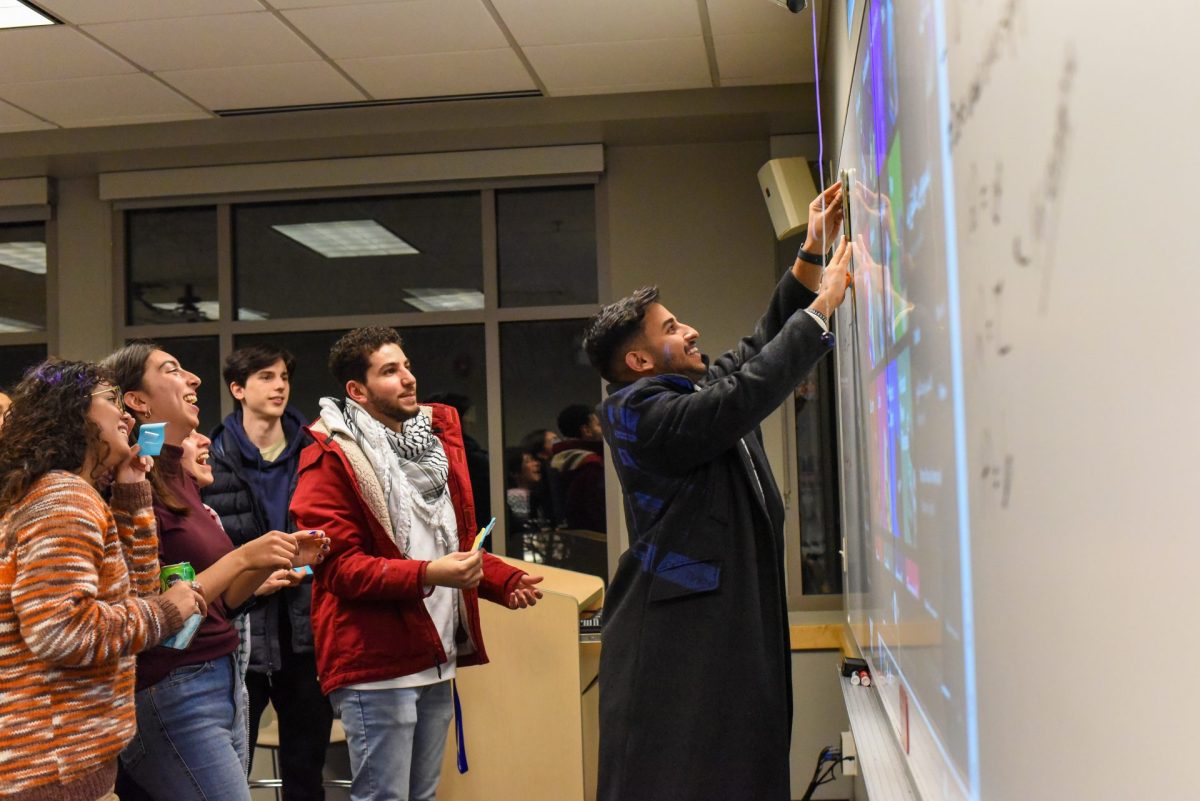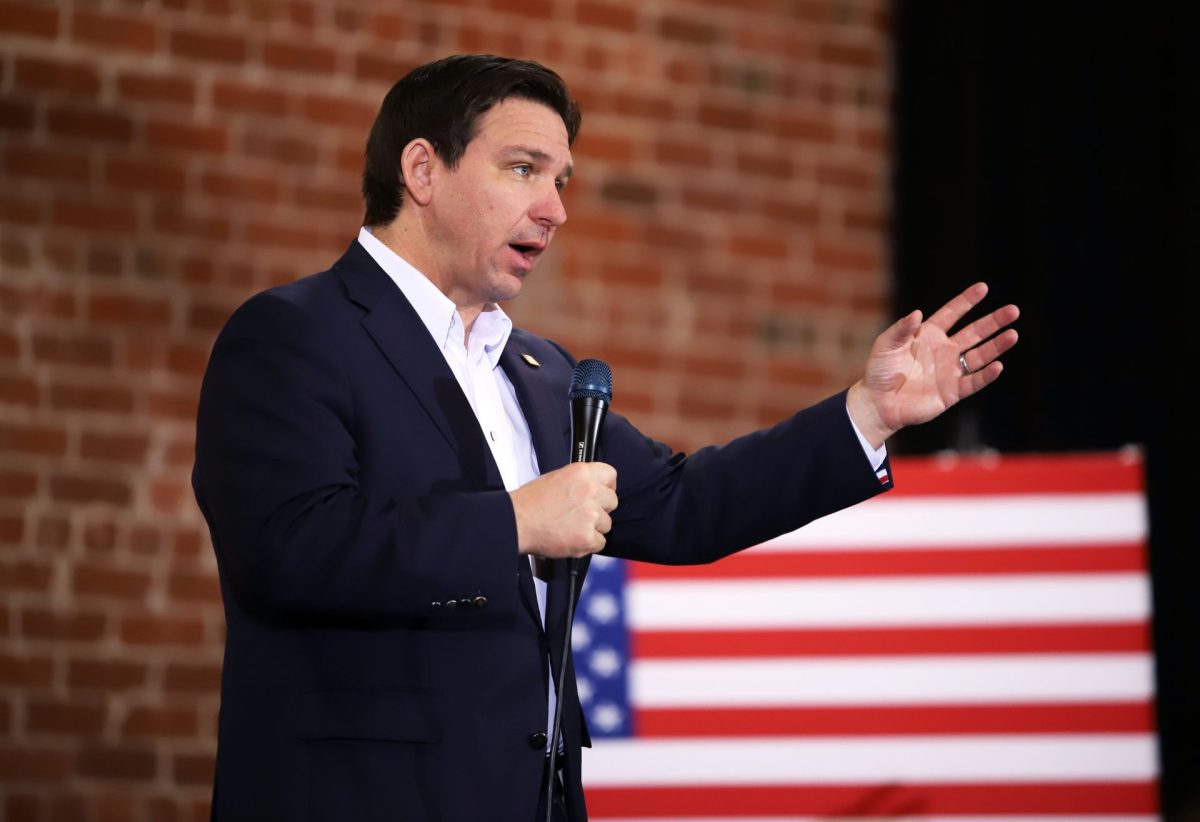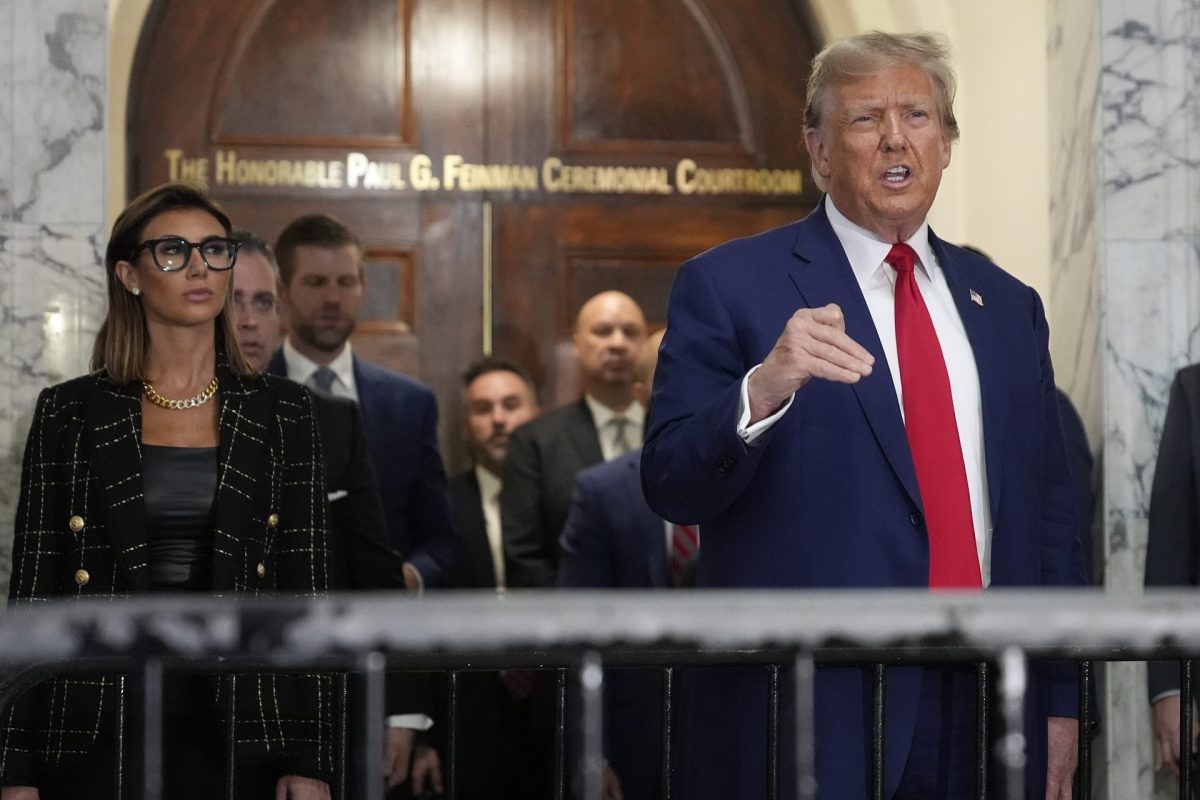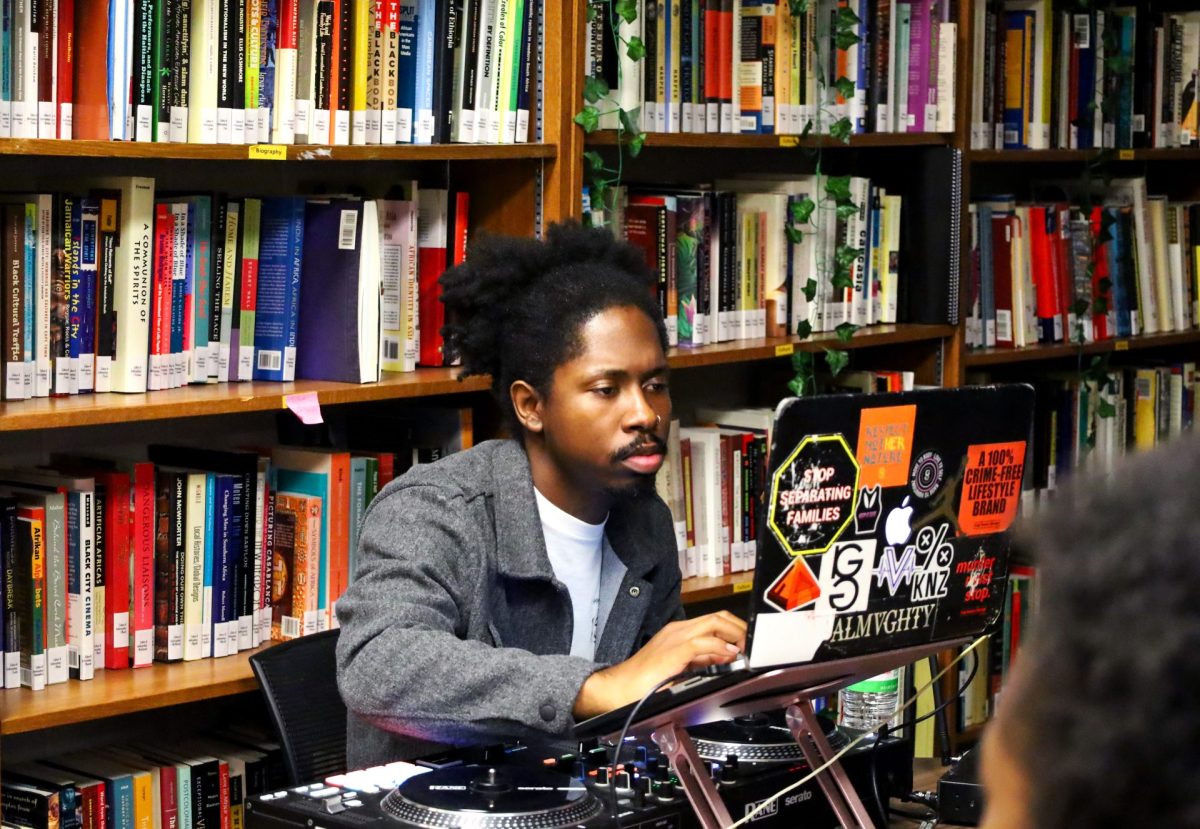ξ
It’s not news that Notre Dame Linebacker, Manti Te’o was ‘catfished.’ He had been ‘dating’ Lennay Kekua online for around two years when he recently learned that she was not the person she said she was. Everyday after this story came into the public spotlight, each development seemed to make it that much stranger, leading many to believe that there was no way Te’o couldn’t be involved. Te’o sat down with Katie Couric, Jan. 24, to address the rumors claiming that he was either gay, in on the hoax to garner sympathy votes for the Heisman trophy, or a combination of the two.
When Couric flat out asked Te’o if he was gay, he simply said, “No, far from it. Far from it.” Te’o was quick to dispel this rumor, as it had the potential to hurt his draft stock. The recently graduated middle Linebacker is surely headed to the NFL after a solid season where he demonstrated both tremendous athletic ability and leadership poise. Many argue that without Te’o, Notre Dame would not have even made it to the national championship game.
As for Te’o entering the draft for next season, “His poor performance in the BCS National Championship game had a more negative effect on his draft stock than this incident,” said Kevin Fishbain, a writer for Pro Football Weekly.
“His draft stock will fluctuate often over the next three months, like all prospects. The teams that have a need at middle linebacker, likely in a 4-3 system, would be the ones interested in him at this point, and there haven’t been any reports or indications that the incident has forced a team to remove him from its board,” Fishbain said. The teams that are interested in Te’o will get to know him on a more personal level, hopefully eradicating any trust issues that may have been fostered by the hoax.
Te’o was duped via the internet and social media, specifically Facebook. If it can happen to someone as high profile as Te’o, it can just about happen to anyone. Right around the time that Te’o’s scandal was coming to light, four players on the Washington Redskins were ‘catfished’ in the same manner. Albeit Te’o has dealt with far more fallout, there is no argument that the NFL and collegiate athletic programs need to raise awareness about the dangers of social media so more athletes don’t fall prey to hoax’s such as these.
Both pro and collegiate sports programs have had to implement strict policies with respect to addressing their fan bases via social media applications such as Facebook and twitter. Athletes are able to instantly access their entire fan base, and this can be a very dangerous thing for their reputations. “I think they get sucked into social media because it is a great way for them to get instant gratification. They can go on Facebook and have people write on their wall telling them how great they are,” said Drew Mentock, a big-time Notre Dame fan who grew up in South Bend, Indiana and currently attends DePaul University.
Social media also puts a tremendous risk on the programs behind the athletes. When situations such as Te’o’s occur, the university was forced to take a position so as to not appear apathetic, especially when it concerns their star athlete. “I liked that Notre Dame backed him,” said Mentock. “I am sure they talked to him about it first. It doesn’t matter that he was no longer in school their because he is their most celebrated athlete of the past 20 years or so. A positive image for him is a positive image for the school,” he said.
When asked about DePaul Athletics’ stance on social media policies, Athletic Director, Jean Lenti-Ponsetto simply referred to the student-athlete handbook via email.
Page 51 of the handbook states, “With the media, everything people say and do is ‘on the record.'” If student-athletes do not wish to answer a question, just say, “I’d rather not discuss that subject.” The athletics department gives its athletes an easy way to dodge a touchy subject that could cause a public relations mess. The extensive use of Twitter and Facebook by virtually every college kid makes this rule that much more pertinent.



